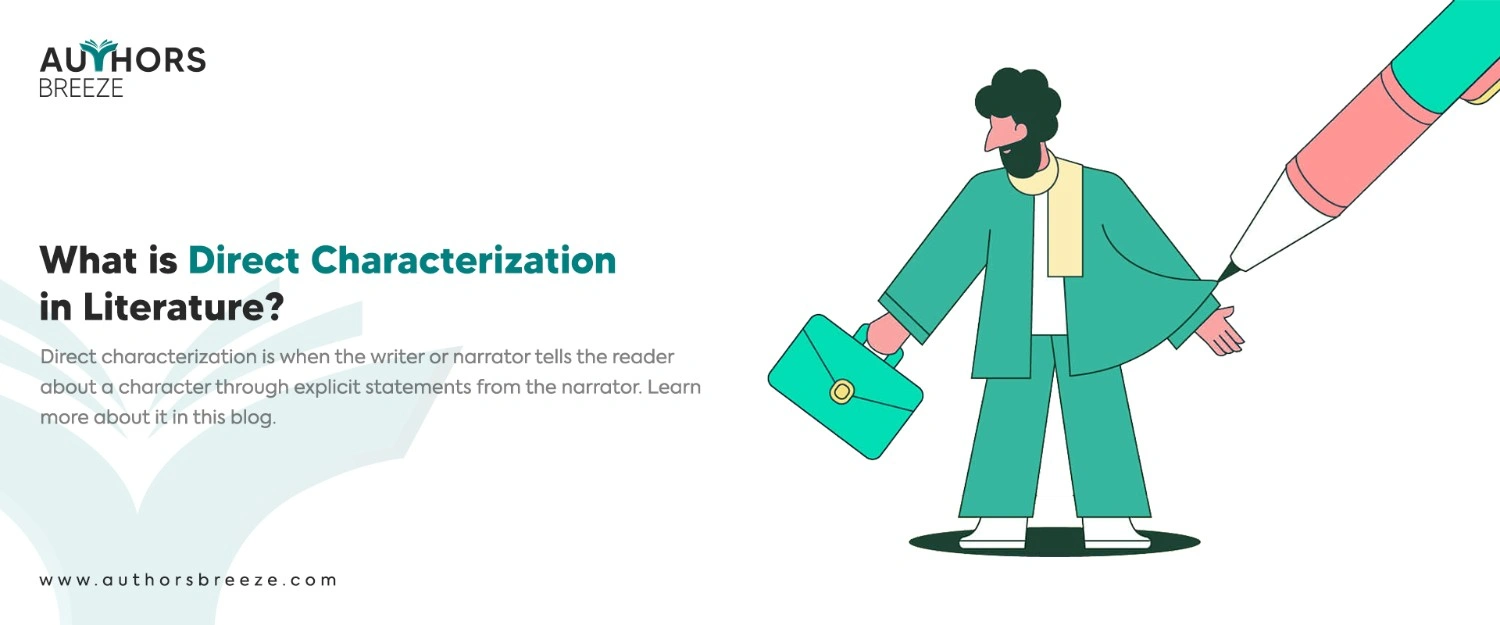Writing under a pen name is a long-standing tradition in the literary world. A pen name, or a pseudonym, is a fictitious name used by an author instead of their real name. It can be used for a variety of reasons, including privacy, creative expression, and personal branding.
Why Do Authors Use Pen Names?
One of the most common reasons why authors use pen names is to maintain anonymity and privacy. Many writers choose to use a pen name to protect their personal lives from the public eye. It is particularly important for authors who write about sensitive or controversial topics. Using a pseudonym, they can separate their personal and professional lives and avoid unwanted attention.
Another reason why authors use pseudonyms is to have the flexibility to write in different genres or styles. A pen name can give authors the freedom to explore various creative outlets without worrying about confusing or disappointing their readers. For example, an author of a romance novel may choose to use a different pseudonym when writing a horror novel to avoid confusing their readership.
Pen names can also be used as a form of protection from negative publicity. Authors may sometimes receive negative feedback or criticism for their work, and using a pseudonym can provide some distance from that negativity. In addition, a pseudonym can protect an author’s reputation if they write something controversial or unpopular.
What are the Benefits of Using a Pseudonym or Pen Name?
Using a pen name comes with a wide range of benefits that can help authors achieve their goals in the literary world. Let’s explore four key benefits of using a pseudonym.
Anonymity and Privacy
A pen name allows authors to maintain anonymity and privacy. Using a name different from their real name, authors can protect their personal lives and keep their private affairs separate from their professional life. It is especially important for authors who write about sensitive or controversial topics. For example, suppose an author writes about mental health or LGBTQ+ issues. In that case, they may want to keep their personal life separate from their professional life to avoid unwanted attention or discrimination.
Flexibility to Write in Different Genres
Using a pen name provides authors with the flexibility to write in different genres. Some authors may want to experiment with different genres or writing styles without confusing their readership. Authors can avoid confusing their readers by using a different pseudonym for each genre and building a brand for each genre. It allows them to make a loyal following in each genre and expand their readership over time.
Protection from Negative Publicity
A pseudonym can also provide protection from negative publicity. In some cases, an author’s work may receive negative feedback or criticism that could damage their reputation. Authors can distance themselves from their work using a different name and avoid negative publicity that could hurt their careers. It is particularly important for authors who write about controversial or unpopular topics.
Ability to Distance Oneself from Controversial Topics
Using a pen name can allow authors to distance themselves from controversial topics. Some authors may want to write about controversial or sensitive issues but do not want to be associated with those topics personally. Using a pseudonym, authors can write about controversial issues without fear of being associated with them personally. It allows them to express themselves creatively without worrying about the potential consequences.
How Can You Choose a Pen Name?
Choosing the right pen name is a crucial decision for any author. It can impact how readers perceive their work and how they market themselves in the literary world. Authors can choose a pseudonym that reflects their writing style and resonates with readers.
Let’s explore some critical considerations for authors when choosing a pseudonym:
Legal Considerations
Authors need to consider the legal implications of their pen names. They should make sure that the name they choose is not already trademarked or used by another author. In addition, authors should consider whether they want to copyright their pen name and how to protect it legally.
Creative Considerations
Authors should consider the creative aspects of choosing a pen name. They may want to choose a name that is memorable, easy to spell and pronounce, and reflects their genre or style of writing. Choosing a pseudonym that resonates with readers and makes a lasting impression is essential.
Consistency and Branding
Authors should consider consistency and branding when choosing a pen name. They should think about how the name will be used across different platforms, such as social media, websites, and custom book covers. It is vital to choose a consistent name across all platforms and build a recognizable brand for the author.
Research and Testing
Authors should research and test their pen name before committing to it. They should check to see if the name is available on social media platforms and domain names. In addition, authors may want to test their pseudonyms by using them in different contexts and getting feedback from friends, family, or beta readers.
How to Use a Pen Name in Publishing?
Once an author has chosen a pen name, they need to consider how to use it effectively in book publishing. Using a pseudonym in publishing can be an effective strategy for authors. Authors can effectively use their pen name to build awareness about their book and expand their readership by considering the following:
Legal Considerations
Authors must consider the legal implications of using a pen name in publishing. They should make sure to register their pseudonym with their publisher and include it on their contracts. Moreover, authors should consider whether they want to copyright their pen name and how to protect it legally.
Marketing and Promotion
Authors should think about how to market and promote their books using their pen names. They should ensure that their pseudonym is consistent across all platforms, such as social media, websites, and book covers. Authors may also want to consider using their real name with their pseudonyms, particularly when building their brand or working on collaborative projects.
Disclosure and Transparency
Authors should consider how to disclose and be transparent about their use of a pen name. They should make sure to include a statement in their author bio or on their author website explaining why they use a pseudonym and how readers can contact them. In addition, authors may want to consider including a disclaimer in their work stating that the names and characters are fictitious. Moreover, any resemblance to actual people or events is purely coincidental.
Relationship with the Publisher
Authors should establish a good relationship with the book publishers when using a pen name. They should clearly communicate their intentions for using a pseudonym and ensure their publisher understands how they want to be credited. Moreover, authors should discuss how they want their pen name to be used in book marketing and promotion.
How to Maintain a Pen Name?
Maintaining a pen name is integral to an author’s professional life. Authors can effectively use pen names to promote their work and connect with readers. You should consider the following key considerations if you want to maintain your pseudonym.
Separate Personal and Professional Lives
Authors need to consider how to separate their personal and professional lives when using a pen name. They should establish clear boundaries between their pen name and personal life to maintain privacy and prevent confusion for their readers. Moreover, authors should consider how to handle situations where their pseudonyms and real name may overlap, such as when attending literary events.
Build a Brand
Authors should focus on building a brand around their pen names. They should consider what type of image they want to project and how they can differentiate themselves from other authors in their genre. It may involve creating a website, social media profiles, or a mailing list to promote their work and connect with readers.
Manage Multiple Pen Names
Authors may need to manage multiple pen names. It could be necessary if they write in different genres or have established themselves under multiple personas. In these situations, authors need to carefully consider how to maintain consistency across their pseudonyms and how to promote each persona effectively.
Switch between Pen Names
Authors may need to switch between pen names for different projects. They may choose to do this to avoid confusion or to appeal to diverse audiences. In these situations, authors need to ensure they are transparent with their readers about why they use a different pseudonym and how they can continue connecting with the author under their new persona.
Why Should Authors Not Use a Pen Name?
While there are many benefits to using a pen name, there are also some reasons why authors may choose not to use one. Here are some potential disadvantages to consider:
Branding
If an author has already established a strong brand under their real name, using a pseudonym could confuse readers and dilute their existing platform.
Authenticity
Using a pen name may make an author feel like they are not being true to themselves or their writing. Some authors may think that using a pseudonym is hiding their identity or not taking ownership of their work.
Legal Issues
Potential legal complications can arise from using a pen name, such as contracts and copyright issues. Authors should ensure they have taken the necessary legal steps to protect their pseudonyms and avoid legal disputes.
Social Media Presence
Building a social media following can be challenging under any circumstances. However, it can be especially difficult if an author uses a pen name. Maintaining consistency across social media accounts and establishing trust with readers can be challenging.
Personal Reasons
An author may choose not to use a pen name for personal reasons. They may feel that they are proud of their work and want to be recognized for it under their own name, or they may not care about anonymity and privacy.
FAQs
Can I Use A Pen Name On Book Covers And In Bookstores?
Authors can use their pen names on book covers and in bookstores. However, they should ensure that their legal name is also listed on the copyright page and any legal documents related to the book.
Can I Switch Between Pen Names For Different Genres Or Series?
Yes, authors can switch between pen names for different genres or series. It is a common strategy for authors who want to differentiate their work or appeal to diverse audiences.
How Can I Promote My Work Under A Pen Name?
Authors can promote their work under a pen name by creating a website or social media profiles under the pen name, engaging with readers and other authors in their genre, and utilizing promotional tools like book reviews and giveaways.
Do I Need To Disclose That I Am Using A Pen Name To My Readers?
While authors are not required to disclose their use of a pen name, it is generally recommended that they do so for transparency and honesty with their readers. It can help build trust and establish a relationship with their audience.
Conclusion
Ultimately, whether or not an author chooses to use a pen name is a personal decision that depends on their individual circumstances and preferences. While there are potential drawbacks to using a pseudonym, it can be a valuable tool for authors who are looking to explore new genres, protect their privacy, or distance themselves from controversial topics. By carefully considering the legal and creative implications of using a pen name, authors can effectively use their persona to build their brand and expand their readership.
We encourage authors to explore the use of a pen name as a tool in their writing career. Whether writing in a different genre, dealing with controversial topics, for ebook authoring, or simply seeking greater anonymity, a pen name can allow authors to explore new avenues of creativity. In closing, we advise authors to carefully consider the implications of using a pseudonym and to be transparent with their readers about their intentions. Authors can build a loyal readership and achieve success under any name by being authentic and genuine.






